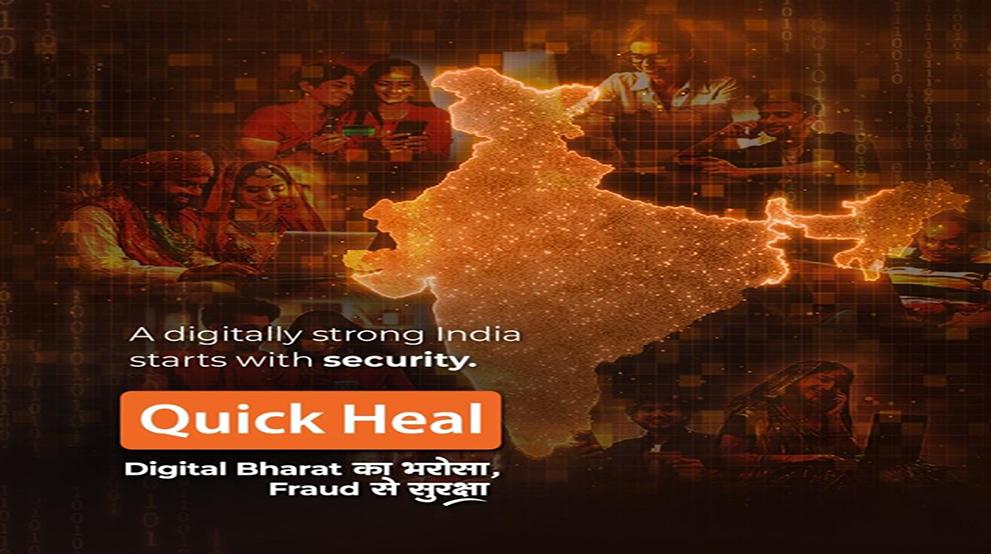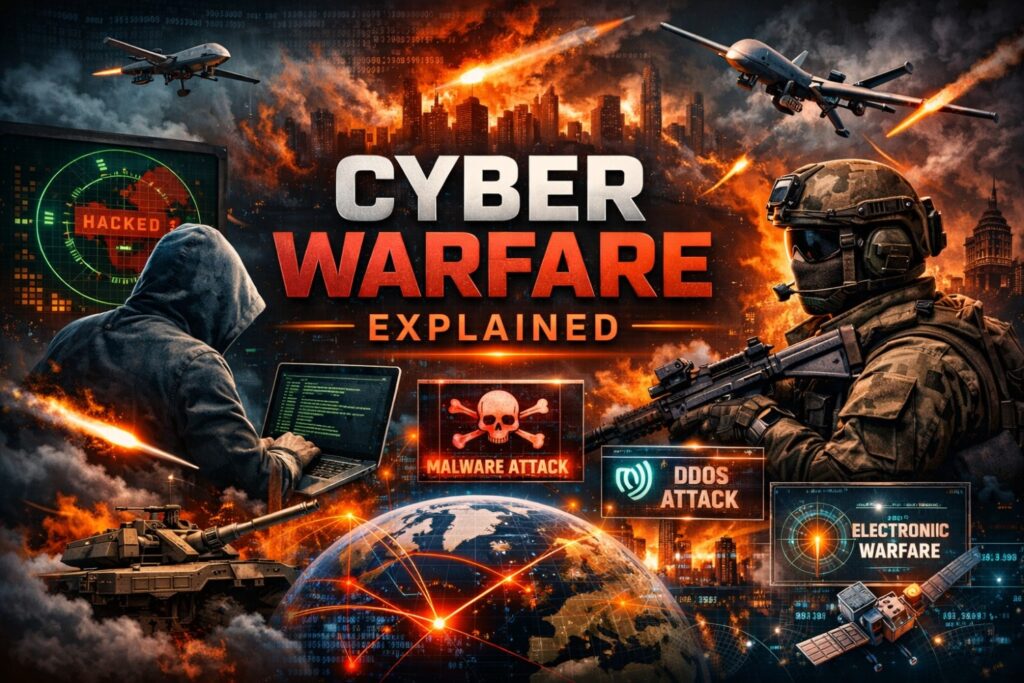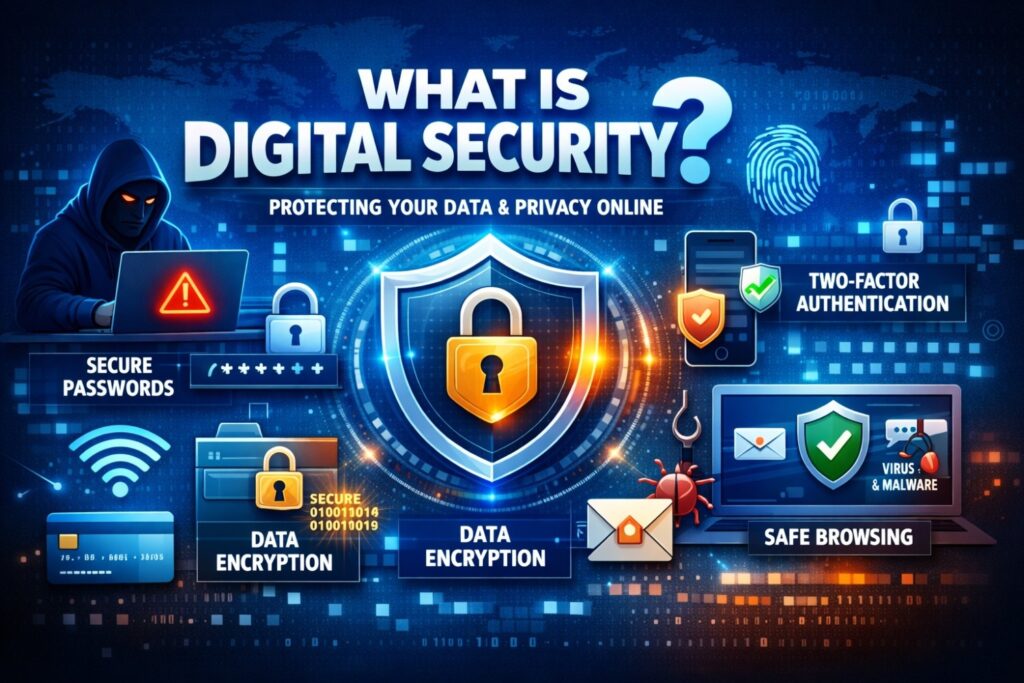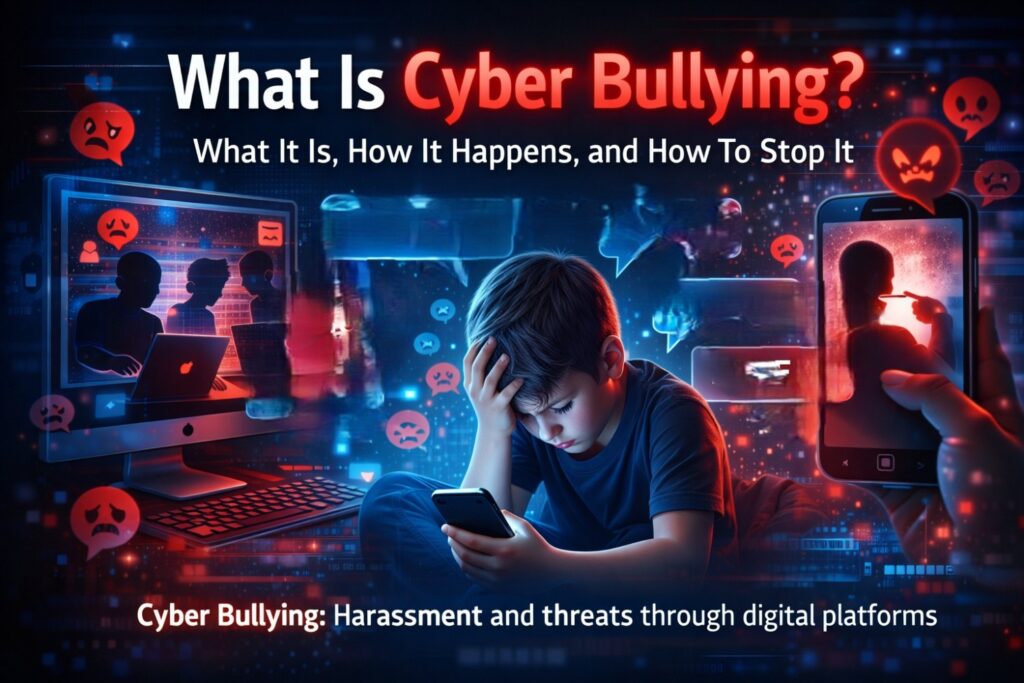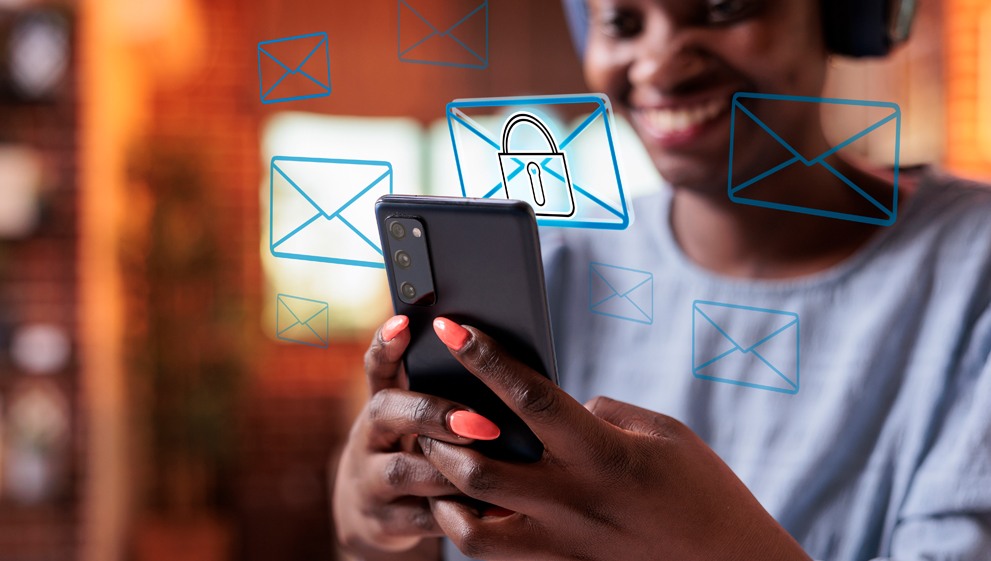
Oct

Are Hackers Eyeing Your Emails? Secure Your Inbox With These Easy Steps
-
Quick Heal / 1 year
- October 25, 2024
- 0
Ever thought about how much of your life is stored in your email? From personal conversations to sensitive financial details, your inboxes are filled with information you can’t afford to lose.
But with this convenience comes the risk of cybercriminals concealed in the shadows, ready to exploit any vulnerability they can find.
Every day, 3.4 billion phishing emails are sent, making up to 1.2% of all emails. This shows just how important it is to protect your inbox. This article covers some practical steps on how to secure your mailbox and how to prevent hacking.
Effective Prevention Tips Against Hacking
Here are some easy and convenient measures for yourself and your family to keep your email protected:
Use strong passwords and multi-factor authentication (MFA)
The first step to securing your email account is creating a strong password. Make sure each account has a unique password that includes a mix of uppercase and lowercase letters, numbers, and special characters.
Additionally, enable two-factor authentication (2FA) for an extra layer of protection, which helps prevent hackers from resetting your password without authorization.
For instance, the QuickHeal password manager can generate strong, hard-to-crack passwords with just one click. It works smoothly across different web browsers and supports multiple devices.
Don’t click suspicious links in emails or texts
Email attachments have also become a popular vehicle for targeting unsuspecting users. Phishing emails try to imitate genuine emails but once they are clicked, they steal sensitive information.
So, how to protect your email from phishing?
To avoid such scams and keep your email protected, always be cautious about clicking on links and attachments from unverified sources as they may contain malware that can compromise your device.
Instead of clicking, visit the sender’s official website directly to verify if the information matches what was sent to you.
Use a VPN on your computer and your phone
Protect your online privacy by using a VPN on both your computer and phone. A virtual private network (VPN) encrypts your internet connection, shielding your personal information and hiding your IP address. This not only keeps your browsing data and Wi-Fi activity private but also enhances your online experience by reducing targeted ads, minimizing tracking, and safeguarding your email from unauthorized access.
Don’t use public Wi-Fi or public computers
Another important point to keep in mind to protect your email from getting hacked is to refrain from using public Wi-Fi or computers. When traveling, make sure to enable VPNs on your devices before accessing any public internet. This cyber security email tip will ensure your data is encrypted, and your connection is secure, even on potentially unsafe networks.
Get a strong antivirus
The easiest way to protect your accounts from scammers is to get a strong and trustworthy antivirus that offers you real-time protection. It should be installed on your PC, laptops, and phones.
Quick Heal Total Security is an excellent choice for those looking to strengthen their digital security. It offers features like:
-
- Anti Malware
-
- Anti Ransomware
-
- Web Security
-
- Email Security
-
- Firewall Protection
-
- Safe Banking
-
- Data Theft Protection
-
- Phishing Protection
Secure your router and Wi-Fi
Whether you are a solopreneur, a small business owner, a student, or a home user, it is of paramount importance that your home network is shielded from unauthorized users trying to hack into your system. Start by changing the default admin password and setting a strong, unique Wi-Fi password.
Also, disable remote router access to your Wi-Fi and create a separate guest network for your visitors.
Keep your computer and smartphone up-to-date
Although update notifications can be inconvenient, they are essential for protecting your devices. Companies release updates to address bugs and security vulnerabilities, so it’s crucial to install them as soon as they’re available.
Stay alert about new security updates for your operating system, and consider enabling automatic updates to ensure you always have the latest protections against potential threats like malware or spyware.
Conclusion
Your email is more than just messages; it forms the basis of your digital life. It houses all your important information, right from personal conversations and photos to sensitive financial records and critical business documents.
To secure your email from hackers, start with the basics of email precautions that include setting strong passwords and two-factor authentication. Be aware of phishing emails that could have suspicious links or malware that can compromise the security of your device. Another important factor is to use a strong VPN and not use any public Wi-Fi or computer to put your information at risk.
Additionally, keep your device updated with the latest security updates to avoid hackers gaining access to older bugs or loopholes.
Most importantly, a strong antivirus solution like Quick Heal Total Security can be your first line of defense against malicious software, phishing attempts, and unauthorized access. At just Rs. 1591 a year, Quick Heal’s comprehensive features like metaProtect, dark web monitoring, anti-ransomware, etc. ensure that your devices are protected from email threats effectively!
Check Out Our Full Antivirus Range

